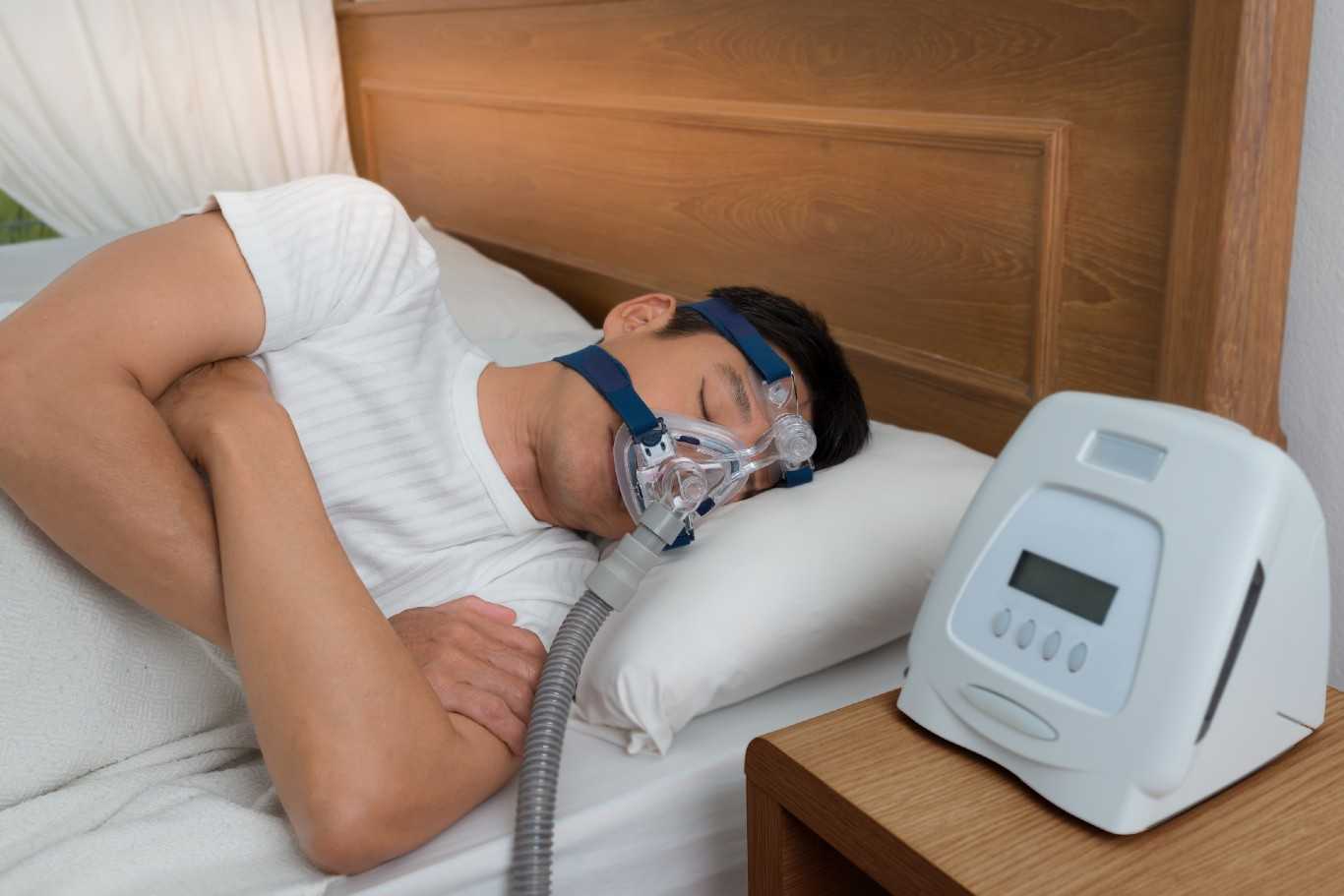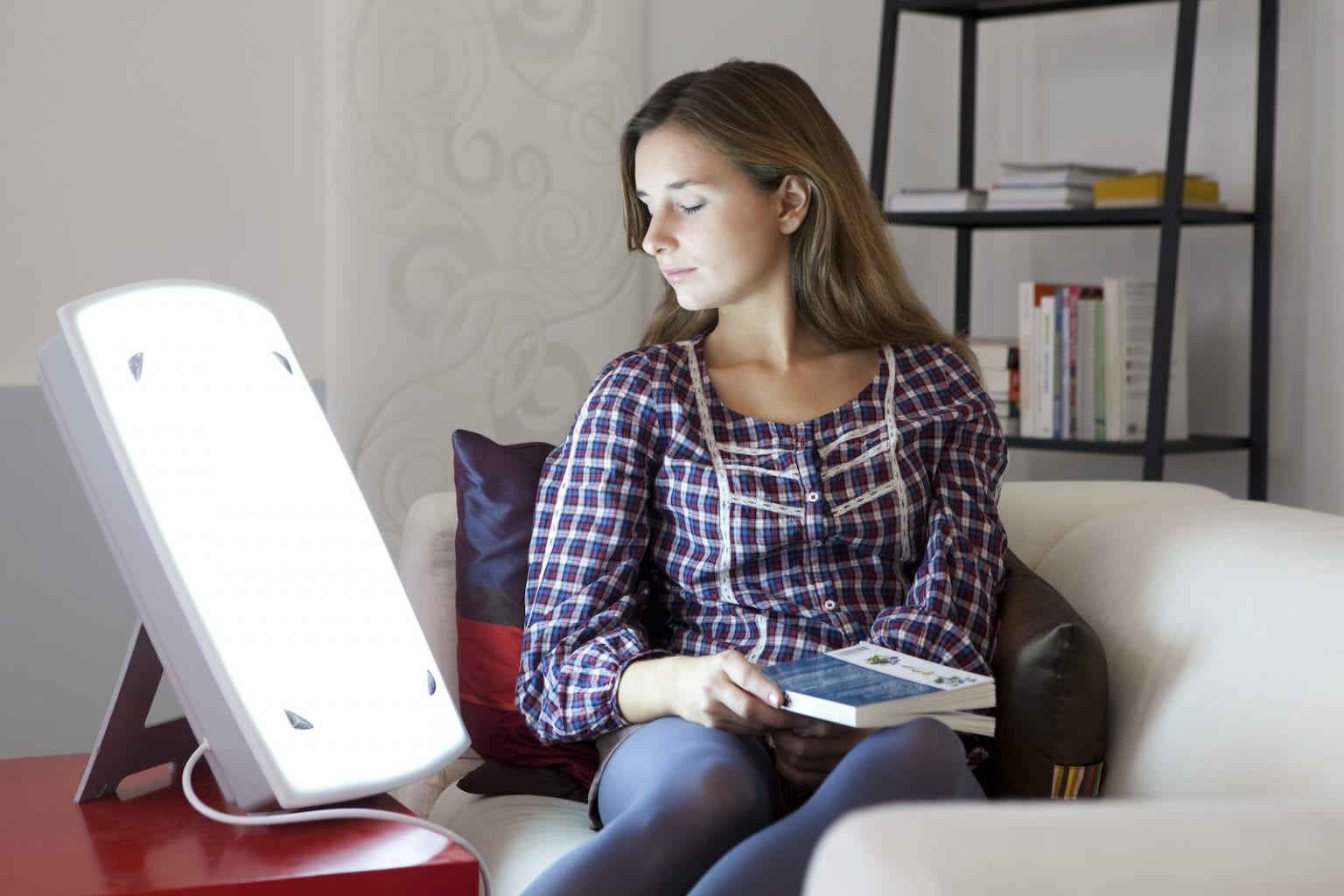Cognitive Behavioral Therapy for Insomnia (CBT-I) - Proven Approaches
Efficient Treatment Solutions for Taking Care Of Rest Disorders and Enhancing Peaceful Sleep
In the world of healthcare, the monitoring of sleep problems and the pursuit for restful rest are crucial elements of total wellness. As we browse the elaborate landscape of sleep problems and look for to enhance our rest experience, a deeper understanding of these therapy remedies might hold the trick to unlocking a much more rejuvenating and satisfying restorative trip.
Cognitive Behavior Modification for Sleep Problems (CBT-I)
Cognitive Behavioral Treatment for Sleep Problems (CBT-I) is a structured, evidence-based therapy strategy that focuses on attending to the hidden aspects adding to sleep disturbances. This sort of therapy intends to customize habits and ideas that exacerbate sleeping disorders, eventually advertising healthy and balanced sleep patterns. CBT-I commonly involves several key parts, consisting of cognitive therapy, sleep restriction, stimulus control, and sleep hygiene education.
Cognitive treatment assists individuals determine and transform unfavorable thought patterns and beliefs about sleep that may be hindering their capacity to fall or stay asleep. Rest restriction entails restricting the amount of time spent in bed to match the person's real sleep duration, therefore raising rest performance (natural insomnia remedies). Stimulus control methods assist develop a strong organization in between the bed and rest by urging people to go to bed only when sleepy and to stay clear of participating in promoting tasks in bed
Additionally, rest health education focuses on developing healthy rest habits, such as keeping a constant sleep schedule, creating a relaxing going to bed routine, and enhancing the rest atmosphere. By attending to these elements adequately, CBT-I supplies an efficient non-pharmacological treatment for handling sleeping disorders and improving total sleep quality.
Sleep Health Practices
Having developed the structure of cognitive restructuring and behavior adjustments in resolving sleeplessness with Cognitive Behavior modification for Sleeping Disorders (CBT-I), the focus currently moves in the direction of exploring important Rest Hygiene Practices for preserving optimal rest quality and general well-being.
Rest hygiene methods incorporate a series of practices and environmental aspects that can dramatically affect one's capacity to drop off to sleep and remain asleep throughout the night. Regular sleep and wake times, producing a relaxing bedtime regimen, and maximizing the sleep setting by keeping it dark, quiet, and cool are crucial components of great rest health. Restricting exposure to displays prior to going to bed, avoiding energizers like caffeine near going to bed, and taking part in routine exercise throughout the day can additionally promote better rest quality.
Additionally, practicing relaxation strategies such as deep breathing exercises or reflection before bed can help calm the mind and prepare the body for rest. By integrating these sleep hygiene techniques into one's everyday routine, individuals can develop a healthy and balanced sleep pattern that supports restful rest and overall well-being.
Relaxation Strategies and Mindfulness
Implementing leisure techniques and mindfulness methods can play a crucial duty in promoting a feeling of tranquility and promoting quality sleep. In addition, directed imagery can assist transfer people to a peaceful place in their minds, helping in stress and anxiety reduction and enhancing rest quality.
By including these techniques right into a bedtime routine, individuals can signal to their bodies that it is time to take a break and prepare for sleep. In general, incorporating relaxation techniques and mindfulness practices can dramatically add to taking care of sleep disorders and enhancing general sleep high quality.

Medicine Options for Sleep Disorders
After discovering leisure techniques and mindfulness practices as non-pharmacological interventions for enhancing sleep quality, it is necessary to consider medication choices for people with rest disorders. In cases where lifestyle changes and therapy do not supply enough relief, medicine can be a valuable device in managing sleep disruptions.
Typically recommended drugs for sleep conditions consist of benzodiazepines, non-benzodiazepine hypnotics, antidepressants, and melatonin receptor agonists. Benzodiazepines, such as diazepam, are sedatives that can aid generate sleep, but they are usually advised for temporary usage because of the threat of reliance. Non-benzodiazepine hypnotics like zolpidem are also used to deal with sleeplessness and have a lower risk of dependence contrasted to benzodiazepines. Antidepressants, such as trazodone, can be advantageous for people with co-occurring anxiety and sleep disruptions. Melatonin receptor agonists, like ramelteon, target the body's all-natural sleep-wake cycle and can be handy for managing rest patterns.
It is essential for people to talk to a doctor to establish one of the most suitable medicine choice based on their certain sleep disorder and clinical history.
Light Therapy for Circadian Rhythm Policy
Light therapy, likewise referred to as phototherapy, is a non-invasive treatment method utilized to regulate body clocks and improve sleep-wake cycles. This therapy involves direct exposure to bright light that mimics all-natural sunlight, which aids to reset the body's biological rhythm. By exposing people to certain wavelengths of light, commonly in the morning or night depending upon the desired impact, light therapy can properly change the circadian rhythm to promote wakefulness throughout the day and enhance relaxing sleep during the night.
Research has actually revealed that light treatment can be especially helpful for individuals with circadian rhythm conditions, such as postponed sleep stage disorder or jet lag. It can additionally be useful for those experiencing seasonal affective disorder (SAD), a sort of depression that usually over at this website occurs throughout the winter months when natural light exposure is minimized. Light therapy is typically well-tolerated and can be made use of together with other therapy approaches for rest problems to maximize outcomes and improve general sleep high quality.
Verdict
Finally, effective treatment remedies for managing rest problems and boosting restful sleep consist of Cognitive Behavioral Therapy for Sleeplessness (CBT-I), rest health methods, relaxation techniques and mindfulness, medicine choices, and light therapy for circadian rhythm policy. These approaches can assist individuals boost their rest top quality and total wellness. It is necessary to talk to a healthcare supplier to figure out the most ideal strategy for addressing rest problems.
As we browse the complex landscape of rest conditions and look for to improve our rest experience, a much deeper understanding of these therapy services might hold the secret to unlocking a more refreshing and fulfilling corrective journey.
Rest limitation entails restricting the amount of time spent in bed to match the individual's real sleep period, thereby enhancing sleep effectiveness. Consistent sleep and wake times, creating a relaxing going to bed routine, and maximizing the rest environment by keeping it remedies for restless legs dark, silent, and cool are critical parts of good sleep health. Light therapy is usually well-tolerated and can be utilized in combination with other find out here now treatment methods for sleep conditions to optimize end results and enhance total sleep high quality.
